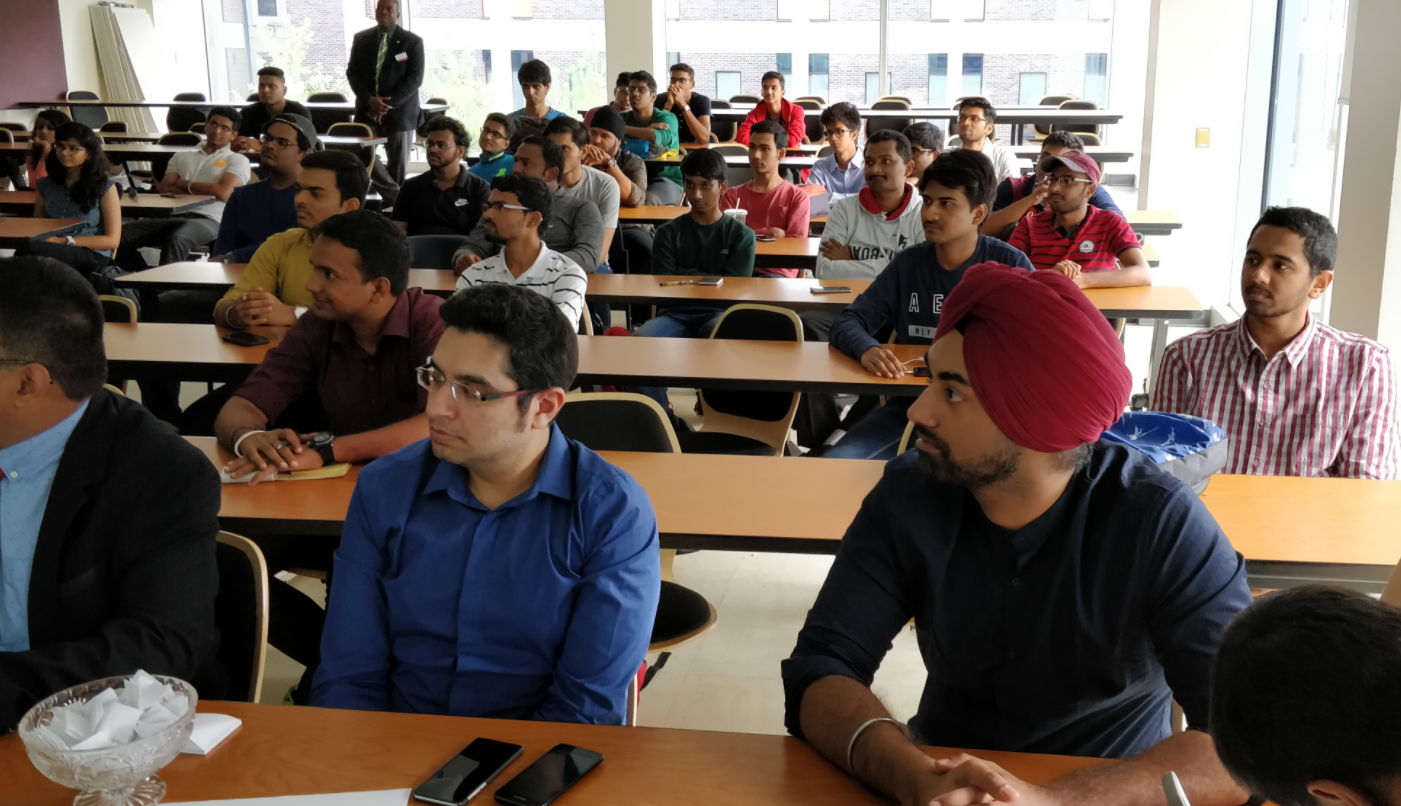Canada is often referred to as a small India. It is common knowledge that a big majority of Indians have lived in Canada for many years and have created a strong sense of community. Justin Treadeau, the Prime Minister of Canada, said that he had more Sikhs in his administration than the Indian Prime Minister. He’s also been seen doing the Bhangra, cooking in gurdwaras, and participating in various Indian events.
Since Indians make up a large portion of the Canadian population, he must recognize them to achieve inclusive economic growth that mirrors his country’s diversity. Many people see the country as enticing because of its clean roads, excellent infrastructure, and free health treatment. Punjabis have been drawn to Canada for many years because of this.
Canada, as one of the most advanced nations, has had a very stable and high standard of living. This is a major enticement for Sikh communities to relocate to the area. Add to that the fact that Canada is extremely religiously tolerant, granting all sects, traditions, and religious ethnic backgrounds equal rights to practice their religion. This is something that Punjabis, particularly Sikhs, marvel at.
Work-Life
The fact is just reaching Canada is not the goal it’s the work which you needed to sustain in a foreign country. Although, Canada is friendly enough you must be aware of the working style and what work exactly you can expect to do in Canada for living along with studies. So let’s explore the work part of Canada.

You can find a variety of professions because businesses require people to function. You have the option of accepting a low-paying job. You will acquire that job as well if you work hard enough for a decent job. All you have to do is be diligent and laser-focused on what you want and the value you can bring to potential employers.
The second most important reason why Punjabis have settled in the area is to generate money. It requires a lot of hard efforts, such as taxi driving, delivery work, vehicle washing, or other labor tasks, which are mostly done in foreign nations because studies don’t always lead to a stable job.
After the age of 16, every young person in a foreign country must support himself. There isn’t as much academic stress as there is in the Education system in India. The weekly routine is separated into two parts: 3-4 Study Days with certain working hours allowed every day, and the remaining Full Working Days to earn and accomplish a job. As a result, starting from the day you moved overseas, the student must work hard to earn a living and accumulate some funds.
On a Canadian study visa, you are allowed to work for 20 hours a week in a paid job. Nevertheless, this is the maximum amount of hours you can work, and you are free to work fewer. Academic institutions suggest that students enrolled in challenging or rigorous courses labor a maximum of 12 hours per week. It’s because working for much more than this amount can hurt a student’s academic performance. If you don’t think you’ll be able to strike a work-study-life balance, you could cut back on your working hours.
Income
Students are generally paid by the hour for part-time occupations. On average, the wage rate is roughly $10 per hour. If all you want to do is obtain job experience, such as assisting your professor with research, you won’t require a work permit. This type of labor must be done glabrous and will pay less; you may work more than the required number of hours. So, even if you only have a student visa, you can still operate on campus.
If an overseas student wants a job off-campus after six months of study, he can apply for an off-campus work permit. This permit will enable the students to work off-campus for a maximum of 20 hours per week.
Part-time job
On-campus employment positions are publicized on bulletin boards at all schools and institutions. There will be websites with information on similar employment openings as well.
Work at cafés, restaurants, and coffee shops; retail outlets such as apparel or sporting goods stores; as a lifeguard or swimming teacher at a campus pool or beach; and bookstores, libraries, and other similar establishments. You can work as a translation if you are multilingual. Because Canada is a multicultural country, translators are in high demand.
On-Campus Work
Full-time students at a public post-secondary institution, including a college or university, or a private post-secondary institution functioning under the same laws and regulations as a public institution is eligible to work without a permit. To qualify, you’ll need a valid study permit and a SIN (Social Insurance Number), and you’ll only be able to work in Canada as an international student once your program has started.
Internship Opportunities
As part of the curriculum, several academic programs require you to obtain job experience. You would need to apply for both a work and a study permit in this situation. To be eligible, you must demonstrate that your anticipated employment is an integral component of your academic program and acquire a certified letter from a responsible academic officer at the university. Unfortunately, whether you study English or French as a second language (ESL or FSL) or take general interest or preparation courses, you would not be eligible.
Top part-timeouts for International students
Teacher Assistant
Many teachers and professors in Canada use teacher’s assistants to assist them with a variety of activities, including tutoring students, creating lesson plans, updating documentation, and keeping track of student grades. Students with at least one year of university or college experience and organizational skills may have an easier time finding a position as a teacher’s assistant.
Tutor
Tutoring is the greatest part-time employment for you if you have a passion for certain subjects and enjoy teaching. You can start teaching pupils in elementary school and work your way up to the university/college level. You can either work on your own or as part of a tutoring program.
Bartender
Working as a bartender is a popular choice among students because the hours are flexible. The work will mostly be done on weeknights and weekends. Even though the hourly compensation is low, they may receive a sizable gratuity from customers. The amount you make is entirely dependent on the establishment, working hours, and day.
Barista
There is no better place to work than a coffee shop if you appreciate working in a pleasant environment. Aside from a good salary, having flexible working hours is a plus.








